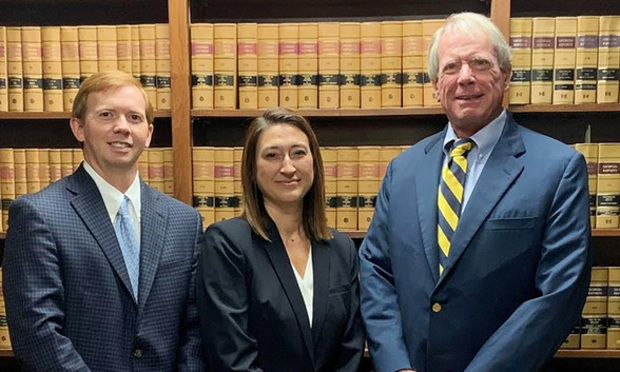A Columbus jury awarded $125 million to the daughter and executrix of a man who died in what was described as an unbearably hot apartment in a building for low-income and disabled residents, many of whom testified of squalid conditions, nonfunctional heating and air conditioning and management that evicted anyone who complained.
The verdict award included $50 million in punitive damages against the owners and management of The Ralston, a 269-unit building in what was once one of Columbus’ toniest hotels. It sits across a downtown street from the iconic First Baptist Church.


 Shaun O’Hara (from left), Miranda Brash and Charlie Gower of Charles A. Gower P.C. (Courtesy photo)
Shaun O’Hara (from left), Miranda Brash and Charlie Gower of Charles A. Gower P.C. (Courtesy photo)





